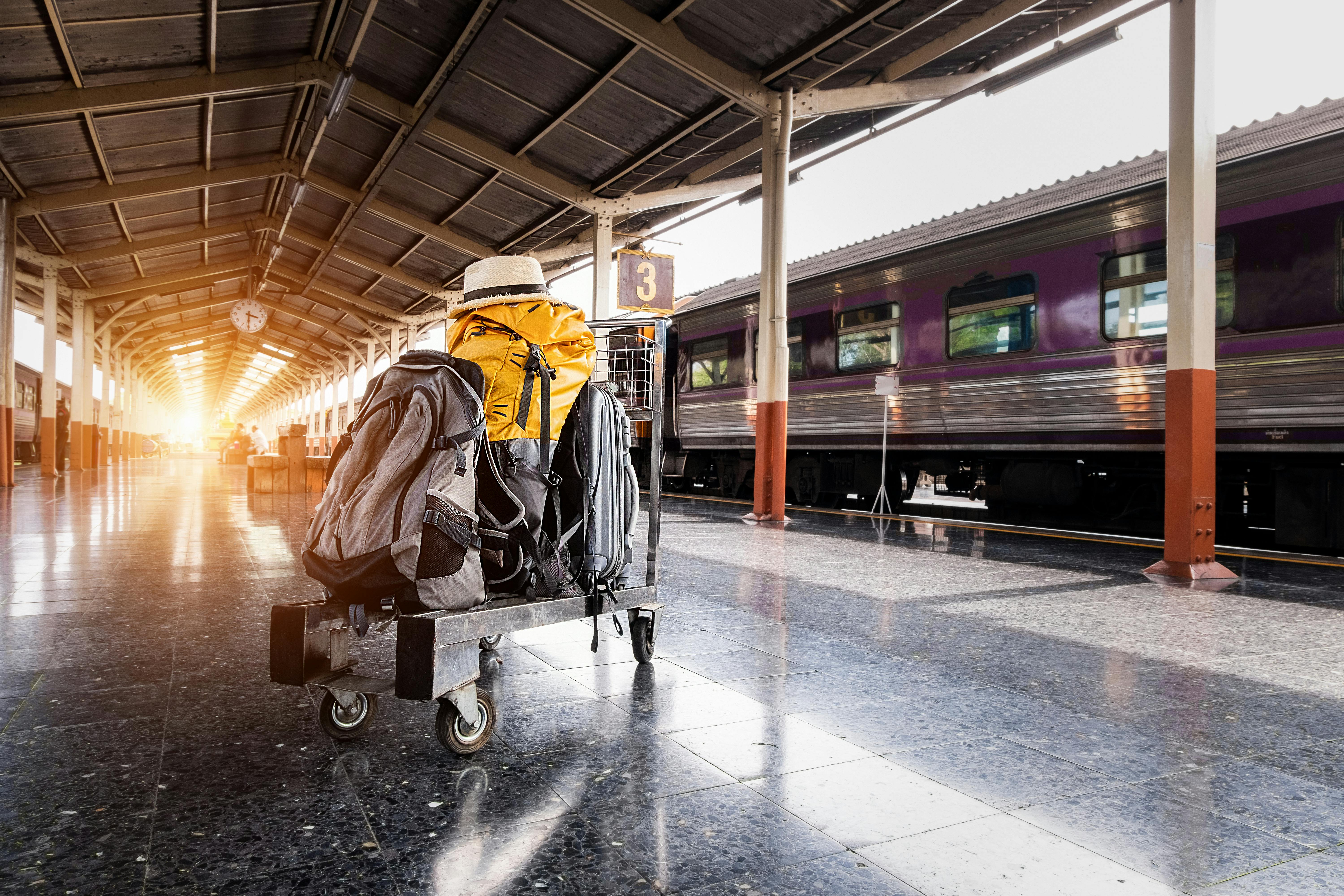- Help Center
-
1-800-774-7785Login

Blog
Landing your first travel therapy assignment is a milestone that blends excitement, opportunity, and the promise of adventure. As we step into 2025, it’s the perfect time to embrace this new chapter in your career. Whether you’re freshly graduated or ready to trade the routine of a permanent role for the freedom of travel, this guide will walk you through the process of starting your journey with confidence, clarity, and a sense of purpose.
Your Guide to Landing Your First Travel Therapy Assignment in 2025
Madison Gregg How-To Travel GuidesLanding your first travel therapy assignment is a milestone that blends excitement, opportunity, and the promise of adventure. As we step into 2025, it’s the perfect time to embrace this new chapter in your career. Whether you’re freshly graduated or ready to trade the routine of a permanent role for the freedom of travel, this guide will walk you through the process of starting your journey with confidence, clarity, and a sense of purpose.
Whether you just got your first offer or you're looking to learn more about the travel healthcare process, you may be wondering what happens after you sign your first travel contract. This process may look slightly different from agency to agency, but you can expect something along these lines before you start every travel assignment. Here's a quick rundown of the process and what you can expect after you sign your travel healthcare contract:
Whether you just got your first offer or you're looking to learn more about the travel healthcare process, you may be wondering what happens after you sign your first travel contract. This process may look slightly different from agency to agency, but you can expect something along these lines before you start every travel assignment. Here's a quick rundown of the process and what you can expect after you sign your travel healthcare contract:
Embarking on a travel therapy or allied assignment is a thrilling opportunity to explore new and exciting places, while making a positive impact on those you work with. That's not to say there aren't any challenges in travel healthcare, but one of the biggest challenges can be figuring out how to pack efficiently for an extended stay away from home. Packing light not only makes your journey easier, but also helps you stay organized in your temporary home. Check out these three key strategies to help you pack light for your travel healthcare contract:
Embarking on a travel therapy or allied assignment is a thrilling opportunity to explore new and exciting places, while making a positive impact on those you work with. That's not to say there aren't any challenges in travel healthcare, but one of the biggest challenges can be figuring out how to pack efficiently for an extended stay away from home. Packing light not only makes your journey easier, but also helps you stay organized in your temporary home. Check out these three key strategies to help you pack light for your travel healthcare contract:
Embarking on a career as a travel healthcare professional offers a unique opportunity to blend work with adventure, but for many, the decision to take the whole family along can seem daunting. From selecting the perfect contract to ensuring a smooth transition for schooling and work arrangements, the logistics can feel overwhelming. However, with careful planning and access to the right resources, the experience of working on the road with your loved ones can be incredibly rewarding. In this blog, we'll delve into the intricacies of navigating this lifestyle, from choosing the right assignment to managing logistics for work, school, and everything in between. Whether you're a seasoned traveler or just beginning to explore this lifestyle, we're here to guide you through the exciting journey of working as a travel healthcare professional with your family by your side.
Embarking on a career as a travel healthcare professional offers a unique opportunity to blend work with adventure, but for many, the decision to take the whole family along can seem daunting. From selecting the perfect contract to ensuring a smooth transition for schooling and work arrangements, the logistics can feel overwhelming. However, with careful planning and access to the right resources, the experience of working on the road with your loved ones can be incredibly rewarding. In this blog, we'll delve into the intricacies of navigating this lifestyle, from choosing the right assignment to managing logistics for work, school, and everything in between. Whether you're a seasoned traveler or just beginning to explore this lifestyle, we're here to guide you through the exciting journey of working as a travel healthcare professional with your family by your side.
Once you've signed on the dotted line confirming your travel therapy or allied contract and housing, it's time to tackle the daunting task of packing. Deciding what and how much to bring on your 13-week assignment can feel more stressful than moving itself. You need more than just a few suitcases but you don't need to fill a moving truck either. In this blog, we'll share essential packing tips tailored specifically for therapy and allied travelers, ensuring you have everything you need:
Essential Packing Tips for Travel Therapists and Allied Professionals
Madison Gregg How-To Travel GuidesOnce you've signed on the dotted line confirming your travel therapy or allied contract and housing, it's time to tackle the daunting task of packing. Deciding what and how much to bring on your 13-week assignment can feel more stressful than moving itself. You need more than just a few suitcases but you don't need to fill a moving truck either. In this blog, we'll share essential packing tips tailored specifically for therapy and allied travelers, ensuring you have everything you need:
Latest Articles
- Travel Healthcare With Pets: How to Register an ESA
- Explore Like A Local: Free and Low-Cost Activities for Healthcare Travelers
- What to do if Your Travel Healthcare Contract is Cancelled
- Step Into the Unknown: Your First Travel Therapy Adventure
- Embracing the Adventure of Travel Therapy as an Empty Nester





